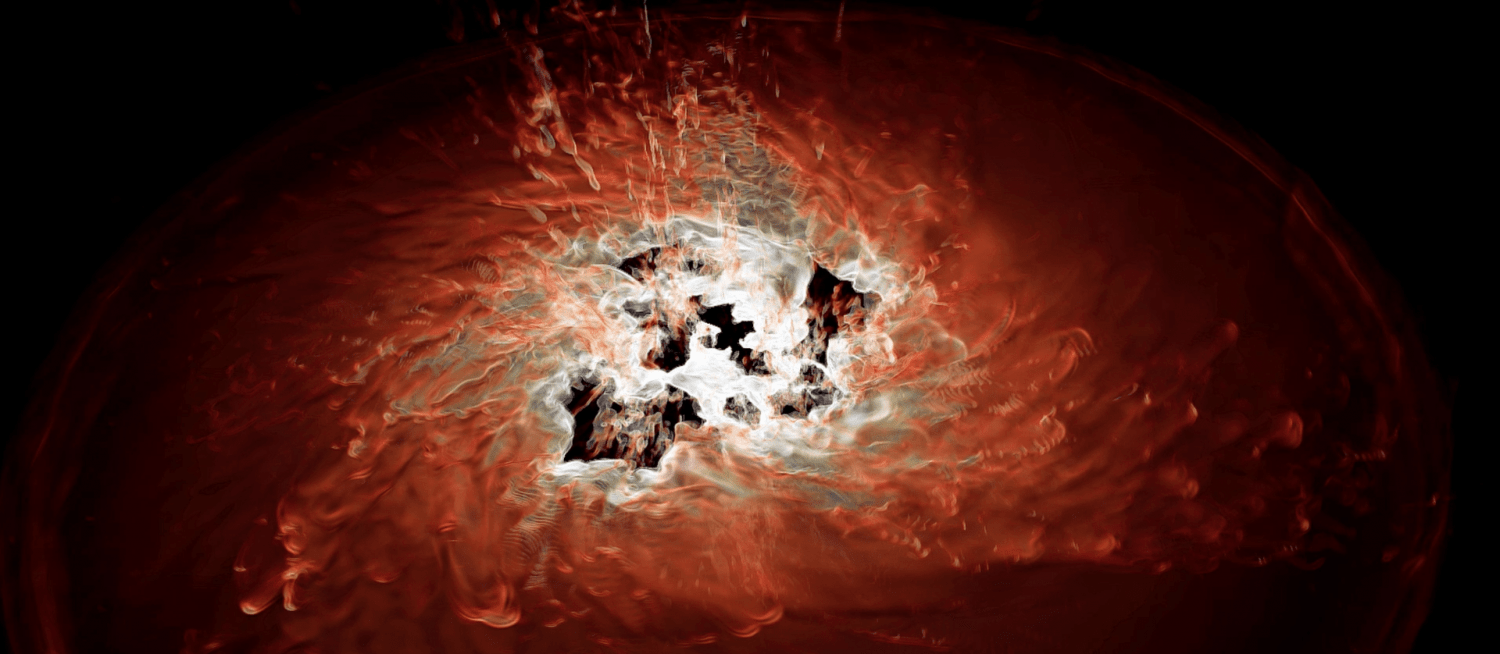The following Astronomy and Astrophysics courses will / are / have been taught by group members:
Astronomy 5: Formation and Evolution of the Universe
Astronomy 5 is a course designed to provide an introduction to the universe through cosmology at the level of popular science books. The course will introduce a variety of concepts that you may have heard of on the internet or on TV — such as the Big Bang, dark matter, dark energy, black holes, inflation, and extra dimensions. Astronomy 5 will give you a glimpse into the secrets of the universe, provide scientifically accurate explanations of these secrets and, when possible, observational inferences of or evidence for their existence.
Astronomy 119: Introduction to Scientific Computing
This course will introduce students to the use of computers as a tool for solving physics problems, will clarify abstract aspects such as numerical methods, algorithms, and optimizations, and train students in practical aspects such as Python programming and UNIX-like OS environments.
Astronomy 202: RadiativeProcesses
This course covers the generation and propagation of radiation in astrophysical contexts. Topics covered include black body radiation, bremsstrahlung, general free-free and bound-free emission, and synchrotron radiation. The course also discusses radiative transfer, absorption, emission, and scattering processes.
Astronomy 240A: Galactic and Extragalactic Stellar Systems
ASTR 240A studies astrophysics on galactic and extragalactic scales. Topics will include the properties and evolution of galaxies like the Milky Way, their various physical components, the cosmological formation of structures in the universe, and stellar dynamics. On the theoretical side, we will study potential theory, stellar orbits, and the equilibrium configuration of stellar systems. Coursework will take the form of both theoretical computations and hands-on exercises using real data on galaxies.
